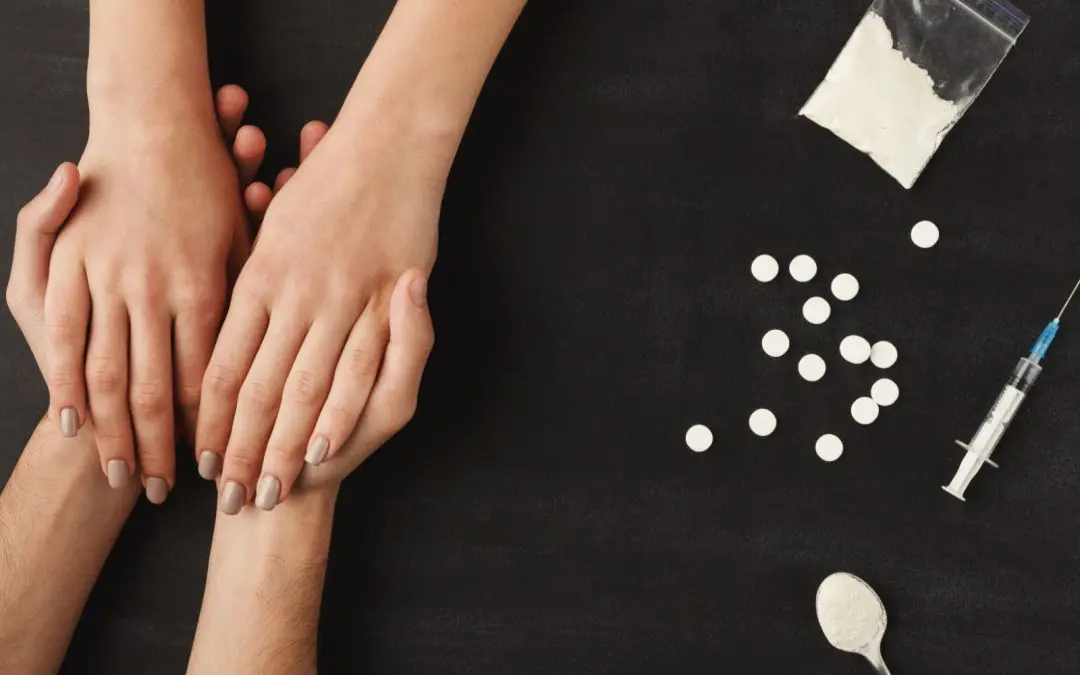24/7 Helpline:
(866) 899-221924/7 Helpline:
(866) 899-2219
Learn more about PTSD Treatment centers in Hawaiian Gardens
Other Categories in Hawaiian Gardens

Other Insurance Options

Access to Recovery (ATR) Voucher

United Health Care

Health Choice

Regence

PHCS Network

Carleon
Beacon

UMR

Coventry Health Care

Magellan

Aetna

Group Health Incorporated

Ambetter

ComPsych

Private insurance

Choice Care Network

Sutter

Magellan Health

Optima

Humana

Hawaiian Gardens Medical & Mental Health
Hawaiian Gardens Medical & Mental Health is a private rehab located in Hawaiian Gardens, CA. Hawaiia...











